So here we finally are, at the conclusion of Michiel’s three part article on difficulty in videogames.
In the first part, I argued why difficulty and challenge are still such major components of what makes playing a game memorable, in part two in went deeper into a variety of rules and approaches that can enforce and constitute to actual difficulty, albeit in a bit of a roundabout way, and in this final part I would like to highlight just how differently difficulty can be perceived, from person to person.
Person A: “I’ve really been struggling trying to get through Shinobi on PS2. Why did they have to make that Akujiki sword drain your life?”
Person B: “What are you talking about? Shinobi is easy! You’re not supposed to play it slow anyway. If you keep taking down those pushover enemies, your life shouldn’t even begin to drain. I’ll give you that the bosses are a bit more tough, but I bet you’ve never played Ninja Gaiden on Xbox. The standard enemies in that game actually put up a fight and are able to kill you!”
The conversation above probably reads familiar to you, game names and specifics notwithstanding. We’ve probably all been made fun of for having trouble with a supposedly easy videogame. Well, easy according to the ‘more hardcore than you’ ridiculer, that is.
Chances are, though, that this person has a game you don’t think much of, that has them beat.
This is because, over a certain threshold of games designed to offer some degree of challenge, there aren’t any pieces of digital interactive entertainment that are universally easy or difficult and, yes, difficulty is an entirely subjective concept, perhaps based on our personal mental and dexterity-based strengths and weaknesses.
What better way for me to highlight this than by picking the brains of the main panel of Cane and Rinse podcasters?
So that’s what I did, by asking them the following questions…
What specific genres or subgenres of videogames do you have difficulty with?
Leon Cox: “Driving games are something of a weakness for me. I’ve not learned to drive in real life and grew up playing the simple, digital controls of the early games in the genre. As such the fine muscle control of feathering analogue triggers and the anticipation of braking into turns etc. required by contemporary racers are somewhat beyond me, in terms of really mastering these games anyway – especially the more ‘simulation’ end of the market. Games like Forza have thoughtfully added more and more aids to make the games approachable for the likes of me. Although saying that, I prefer to keep as many of those switched off as possible, and I seldom rewind which I consider cheating.”
James Carter: “Rhythm-action games are my Kryptonite. I have a poor sense of timing and rubbish hand-eye coordination, so playing Rock Band feels like a constant struggle. Specifically with the Guitar Hero or Rock Band style, I lack manual dexterity in my little fingers, so moving from Medium to Hard difficulties is a massive hurdle, as I’m sure it is for everyone, but one that compounds my timing issues. It also doesn’t help that those games provide a lot of feedback, so if you’re doing badly you know it. Hack ‘n slash games, fighting games and 2D shoot ‘em ups are games that I’m pretty poor at for the same timing and coordination issues I mentioned. I enjoy these games a lot though, so I am more willing to persist and I can usually achieve the minimum ability needed to finish the main story mode, despite never being any good at them.”
Joshua Garrity: “I’ve always struggled to get into racing games of any kind, and that includes when it shows up as a mission or mini-game inside of broader titles. I think it has something to with the fact that for me the only mental reward to be had from a racing game is in finishing first, second or third. If I finish the race in any other position, the whole thing was an endorphin-less waste of time. Also, to be totally honest, I just don’t find the act of driving in most videogames that enjoyable. I find the travel from place to place in games like Grand Theft Auto tedious. So for me, the reason that racing games are so difficult, is because I’m being presented a challenge where the only pleasure to be had is victory. The process to achieving it holds no joy.”
Leah Haydu: “Fighting games and strategy games. I like playing fighting games, but the only one I’ve ever been any good at is Smash Bros., and I’m not even terribly good at that. I don’t ever seem to be able to hold combo strings in my mind, unless they’re very simple, and pulling those out at a second’s notice to be able to counter whatever is coming from the other side seems near-impossible to me. I used to think this was related to needing a bit more time to process my actions, because I was almost exclusively a turn-based RPG person for a while, but I’ve broadened over the years to where I play a lot of other things that require quick reactions. Maybe I just don’t have the patience to learn everything. On the flip side, although turn based strategy games like Disgaea, Fire Emblem and Final Fantasy Tactics give you plenty of time to think through and plan your actions, but I almost feel like it’s TOO much time. I’m okay with the games in the beginning, when I can rely on what I know of strategy and tactics, but it invariably ends up within a few battles that I’ve neglected some facet of my team that is absolutely essential, and faced with the prospect of going back through old battles just to level up one of my team’s newbies…”
Sean O’Brien: “The only real-time strategy game I’ve ever played is the first Starcraft, and, I think it’s because, even though I know it’s not an intensely difficult genre to pick up, I kind of already have some type of bias against having to learn the specific systems that come with the genre. It’s less that I don’t have the ability to pick them up, but, more that I don’t want to put the effort in.”
Darren Gargette: “JRPGs and 2D shoot ’em ups are both genres which I struggle with for different reasons, but with a similar result. JRPGs often are too long winded in their set-up and usually have random battles which test my patience and I lose interest. Shoot ’em ups are just too difficult for me to deal with. There’s too much going on screen at any one time and I struggle to use my peripheral vision to keep it all under my control.”
Interestingly, where Leon and James give their perceived lack of ability as the reason why they don’t get on with the game genres they mentioned, Josh and Sean simply name their lack of interest and enjoyment as the root cause for not being good at games of certain types. Leah and Darren blame a lack of patience with certain aspects of the game types they don’t get on with, on the other hand.
As for me, I’m more in Leon and James’ camp. There aren’t many videogame genres that I’m absolutely not interested in at all, but, like Sean, I’m no good at real-time strategy games. Being an action game player at heart, I’m used to focusing on my warrior, space ship, racing craft or plucky platforming hero and their abilities exclusively. Keeping an eye on a larger map and multiple moving units just gets beyond my multitasking capabilities.
Can you name some notoriously difficult games that you personally have very little trouble with? And what are games that you feel, based on your perception of the popular consensus, you have an unusually large amount of trouble with?
Leon: “Twin-stick shooters hold little fear for me, perhaps because the genre started incredibly tough in my youth with Robotron 2084 and Smash TV and has, if anything, somewhat softened in difficulty over the years. While there are a couple of folks on my friends lists who can trump me on games like Geometry Wars 2, I am usually to be found at the upper reaches of my friends leaderboards on these and other games of its ‘retro’ style ilk, including Resogun, Pac-Man Championship Edition et al.”
James: “’I’m hesitant to say FromSoftware’s ‘Souls’ series, because I don’t think they are difficult in the technical sense. The difficulty seems to be more to do with the player changing their expectation when it comes to success or fail criteria. Of course, it could just be that I’m more suited to the type of difficulty that these games present. I guess I tend to think of difficulty as being a high degree of input precision. I had a very similar experience with Breath Of The Wild. I didn’t find the game required precise timing or inputs, beyond an occasional dodge or parry. What seemed to surprise people was that it was a Zelda game that wasn’t afraid to put you in a tough spot. A semantic difference, perhaps, but it speaks to difficulty being a function of mindset.”
Josh: “It’s not so much that the Souls games aren’t hard, they are, I just don’t find them to be deserving of their reputation. The biggest barrier in a Souls title, is how other games have wired your brain. Hence why your second and third experience is always significantly easier. Mario Kart would probably be the game series I find difficult, despite most finding it quite easy, but mainly for the reasons described above. Also, I find being hit by three red shells in a row to be insanely frustrating.”
Leah: “Throw in another vote for the Souls games. I first remember experiencing this when I played Demon’s Souls, and had heard so much about how brutal the game was that I was absolutely certain I’d give up within an hour or two. Imagine my surprise when I found that I was making consistent progress! I love the concept of a game that is difficult but incredibly fair. That’s not something I’d want from all of my games, but these can get away with it. As for popular games I have trouble with, the competitive first person shooter genre takes it for me here. There was a time not long ago when I would have said that I was just bad at shooters in general, but I don’t think that’s really the case anymore. I enjoy campaigns, and it’s particularly fun if I can rustle up a willing friend to play with me, but when we start bringing other people into the mix, my skill goes down and my annoyance goes up. My guess would be that this means I’m better at learning patterns and planning on the fly than I am at reacting to human behavior. Anyway, that’s why I never got into Overwatch or its ilk. I love Destiny, but I’ve touched the Crucible a bare handful of times.”
Sean: “Yes, the Souls games. For some reason, I had a fair amount of trouble with The Witcher 3 on its ‘normal’ difficulty setting, though. I know a big part of it was that I didn’t want to spend so much time worrying about potions and which sword to use and I was much more interested in the story than the combat, so, I knocked it down a notch to finish the game.”
Darren: “Super Meat Boy and The Binding of Isaac. Both games demand quite a high level of player skill but I never truly got frustrated enough to the point of not playing them. Super Meat Boy is so challenging, but the controls make up for it. The original release of Isaac had a lot going against it. You could only shoot in four directions, the performance was awful and it had no controller support but the overall design of the game just clicked with me. Also, I never had much of a problem playing F-Zero GX despite that being critically lauded as a difficult game.”
Ahhh… so that’s where all the Dark and Demon’s Souls mentions were hiding!
As most of these games’ players don’t think of them as difficult games, wouldn’t it be time to finally put the notion that they are to rest? Leon and Darren feel more proficient at the dodging, shooting and platform hopping skills that 2D games demand, and I’m more in that camp as well, in the sense that I’d like to give a similar example.
In the last decade I’ve developed a love for 2D bullet hell shooters from the school of Cave, and while I can’t say that I’m particularly great at them, I’ve intuitively learned how they must be played, specifically: how to move across the screen and take the initiative to direct the swarms of enemy bullets, rather than to operate in perpetual panic mode.
In contrast to many players of the genre, I also get along with Toaplan’s proto-bullet hell shooter Batsugun rather well. Where many struggle with its thick bullet volleys and relatively large player ship hitbox, I somehow immediately understood that the incredible fire power the game hands you must be used to play aggressively, in order to prevent yourself from ending up in an unfortunate situation where you will actually have to dodge the sprays of enemy fire.
Finally, what are some games in genres or subgenres that you’re usually pretty confident about that you don’t get along with at all?
Leon: “Super Hexagon makes me feel sick, literally. I find it to be the gaming equivalent of threading a needle and the awful feeling that I find goes with repeatedly missing the eye with the cotton. It’s odd because I usually like ‘into the screen’ tunnel based games and I have no real problem with games such as Tempest, Tempest X3, FreQuency, Amplitude and Thumper.”
James: “Honestly, there aren’t any games or genres that I’m confident about. I consider myself below average when it comes to any kind of measurable skill in playing videogames. Leaderboards and rankings tend to bear this out. I think the only time I get along with a particular game is when they take steps to cater for those with lower ability. Compared to other games in the genre, Bayonetta and DmC: Devil May Cry did this, I felt, by lowering the barrier for normal difficulty, whilst retaining complexity in the higher difficulty levels… or so I’ve heard.”
Josh: “I’m fairly competent when it comes to online first person shooters. I love the multiplayer in games like the Halo series, Killzone 2 and 3, Titanfall 1 and 2, Overwatch and Team Fortress 2. I can’t cope with Counter-Strike though. I believe this is because of how lethal the weapons are in that game and how little room for error there is. If an enemy spots you first, you’re dead. There’s no room for reactive play, just active play.”
Leah: “As a JRPG fan, there are tons of times that I don’t get along with something in the genre, but from a difficulty perspective, I’d have to say the Dragon Quest series is the one that stands out. I tried to like Dragon Quest VIII, because it came with a demo of Final Fantasy XII, and I wanted to convince myself that I had not bought a full-priced game just for that demo. I think it was somewhere around the first actual dungeon that I started to get stomped by random encounters, and I just didn’t care for the fact that it seemed like I’d need to go mindlessly grinding in order to proceed.”
Sean: “There were definitely a few moments where I almost gave up on Persona 4. I’m not sure if it’s any more or less difficult than your average JRPG, as it’s been a while since I’ve played one in that style, but there were more than one occasion where it threw two bosses at you in a row, with no save point in between, both of which were capable of one-shotting you to death. The Vita is lucky I didn’t throw it across the room.”
Darren: “Overwatch. I just can’t get into the rhythm of the game. It looks amazing and it should be right up my alley but I have never enjoyed my time spent with it and it hurts my soul. Maybe it’s also because there are too many heroes to choose from, which makes me lose my focus, whereas Team Fortress 2 had a smaller roster. It was easier to spend time with and work out what is best for me.”
I would answer Marvel vs. Capcom 2 and 3 to this last question.
Though execution of longer combos is not something I am consistent with, I do consider myself having a decent grasp on fighting game fundamentals, to a near-competitive level. In Marvel 2 and 3 however, the longer combo strings are really necessary to do significant damage and there is just something timing-wise to the juggles and air combos in especially Marvel 3, that is very tough for me to get a handle on. When do you need to be fast? When do you delay your button presses? I often liken it to learning to play songs on a musical instrument, which is something I never even dared to attempt, speaking about intimidating challenges.
As a closer, I hope this article and the variety of answers of the Cane and Rinse team have helped to emphasise how difficulty in videogames can mean something very different, depending on who you ask.
Looking at the result of my survey, it is probably fair to say that next to your own perceived ability, the level of difficulty you have with a certain game is tied to your tastes in videogame genres in general.
How inviting is a game for you to inspire you to learn how to play it properly, across a certain border of complexity? Or are more complex games something that appeals to you at all? How would you answer these questions when you would give them some thought yourself?
I’d be very happy indeed to see the discussion continued!

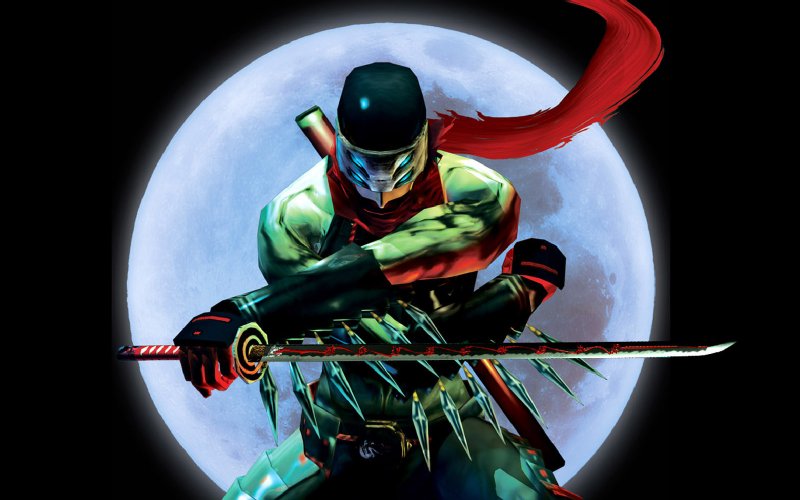
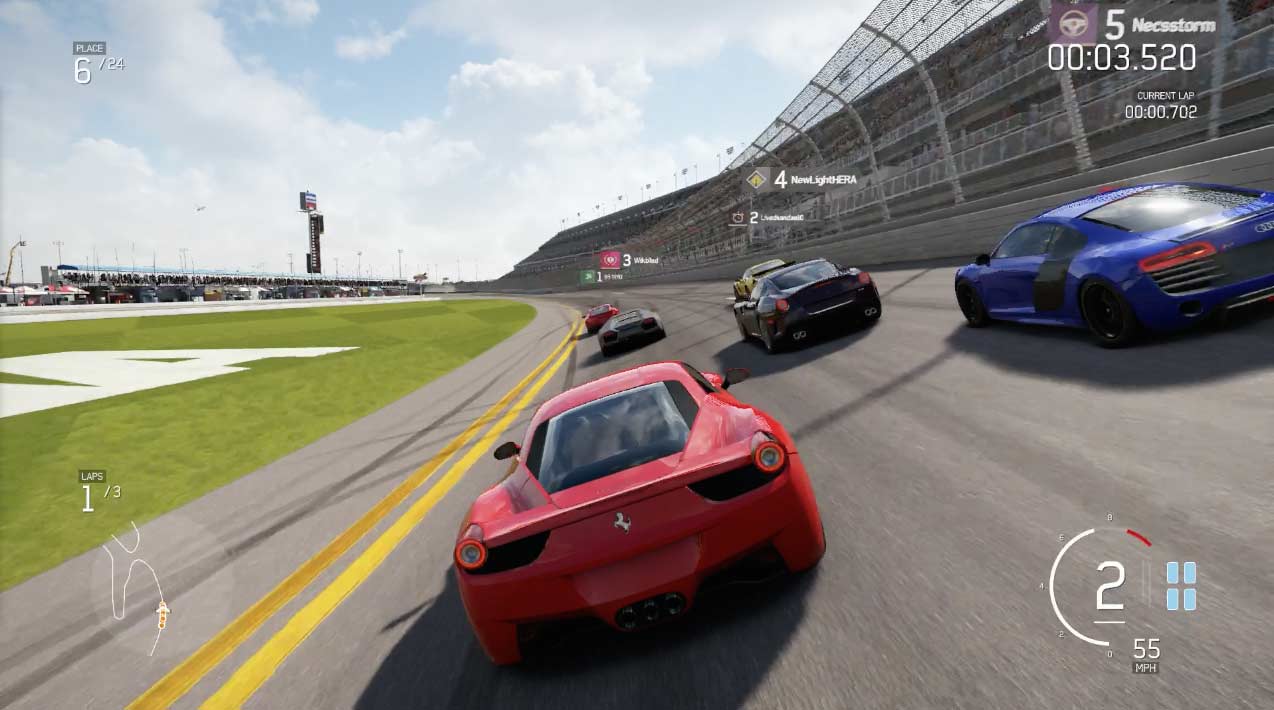
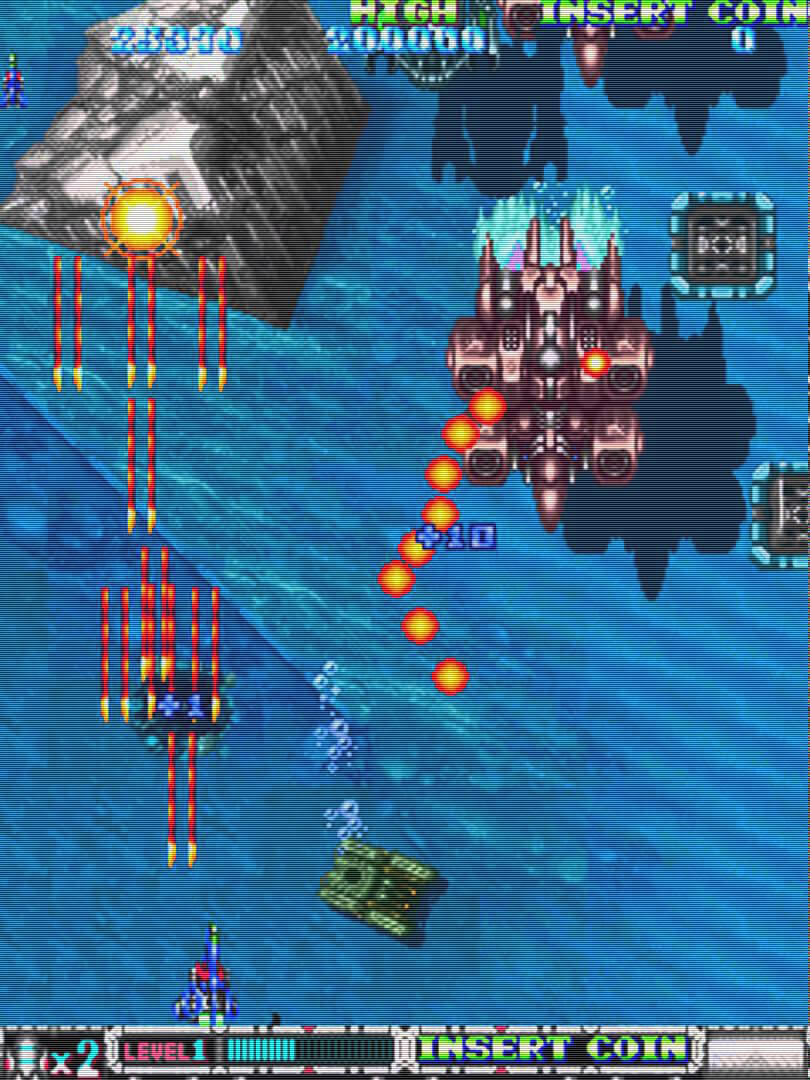
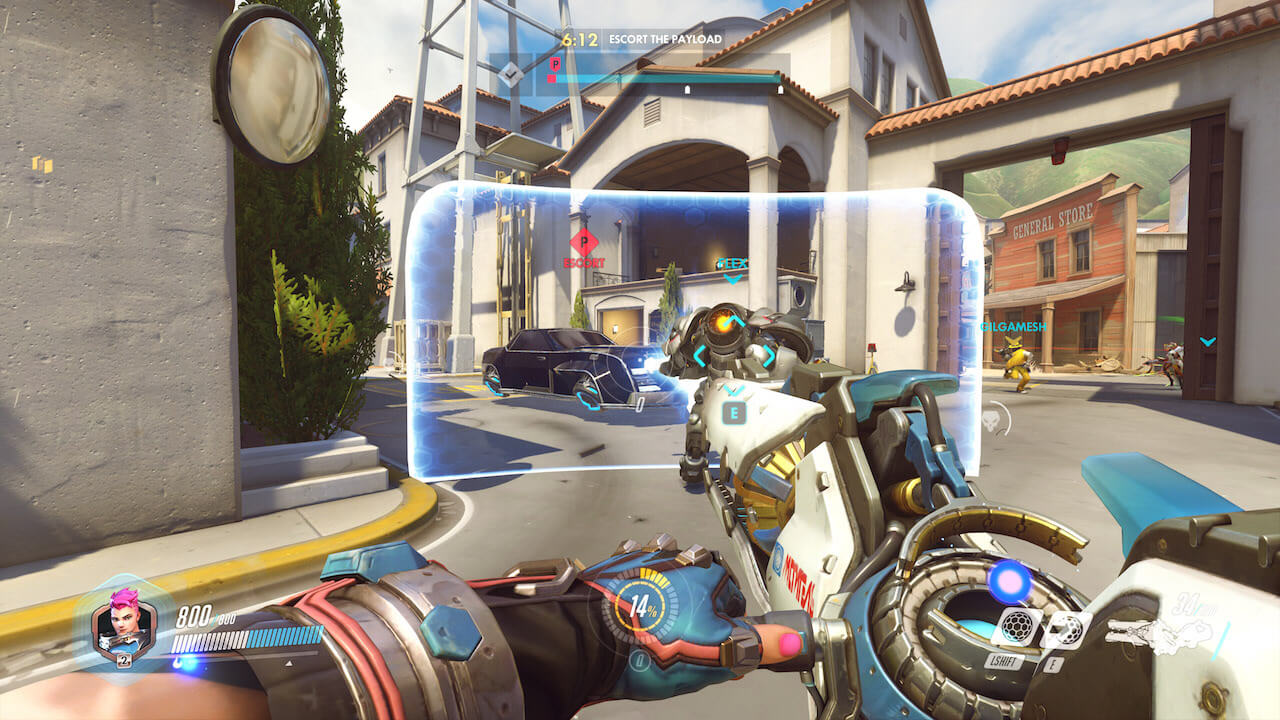
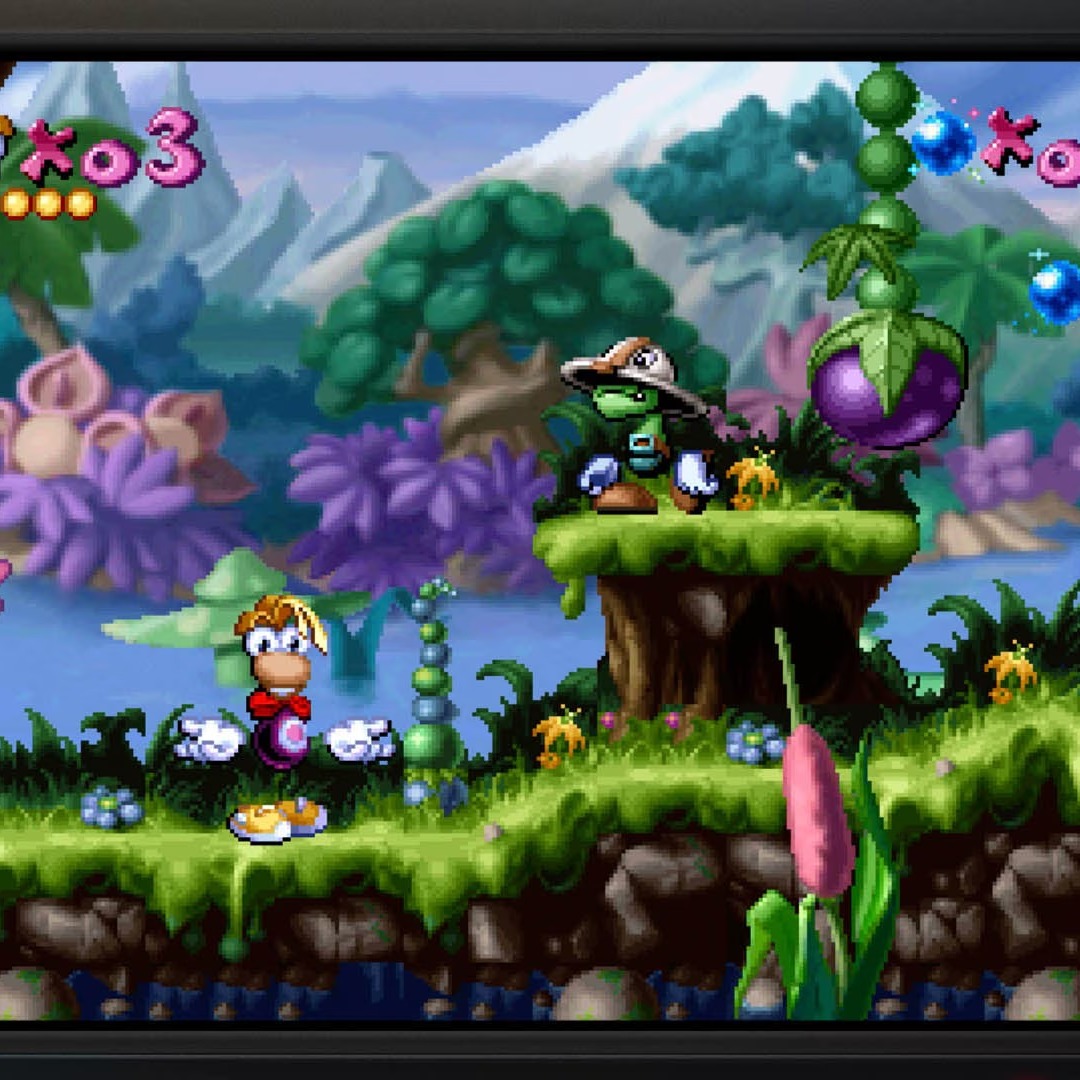
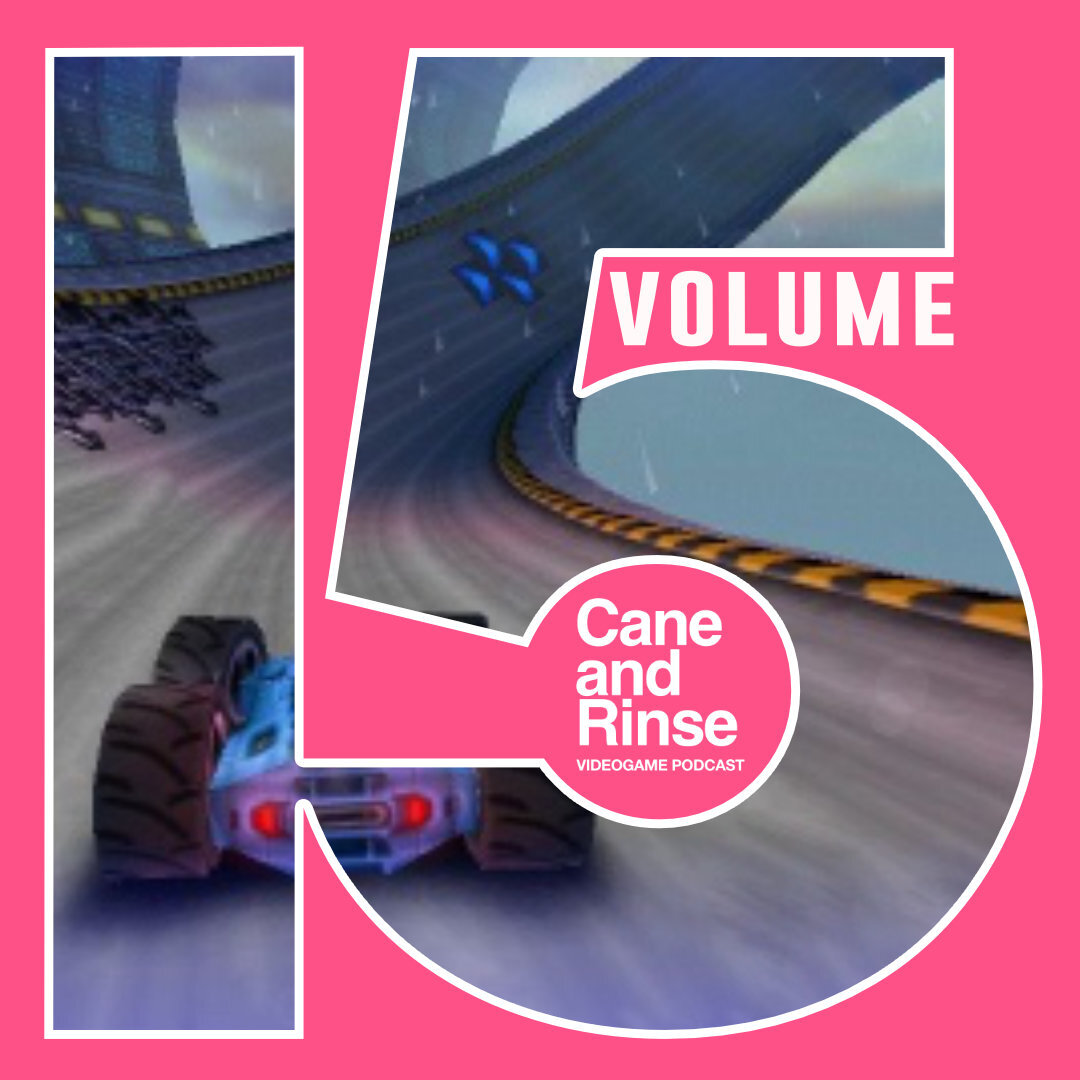
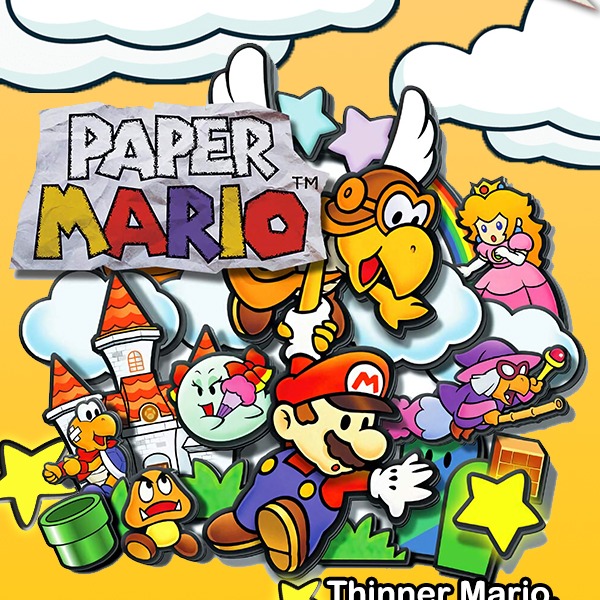

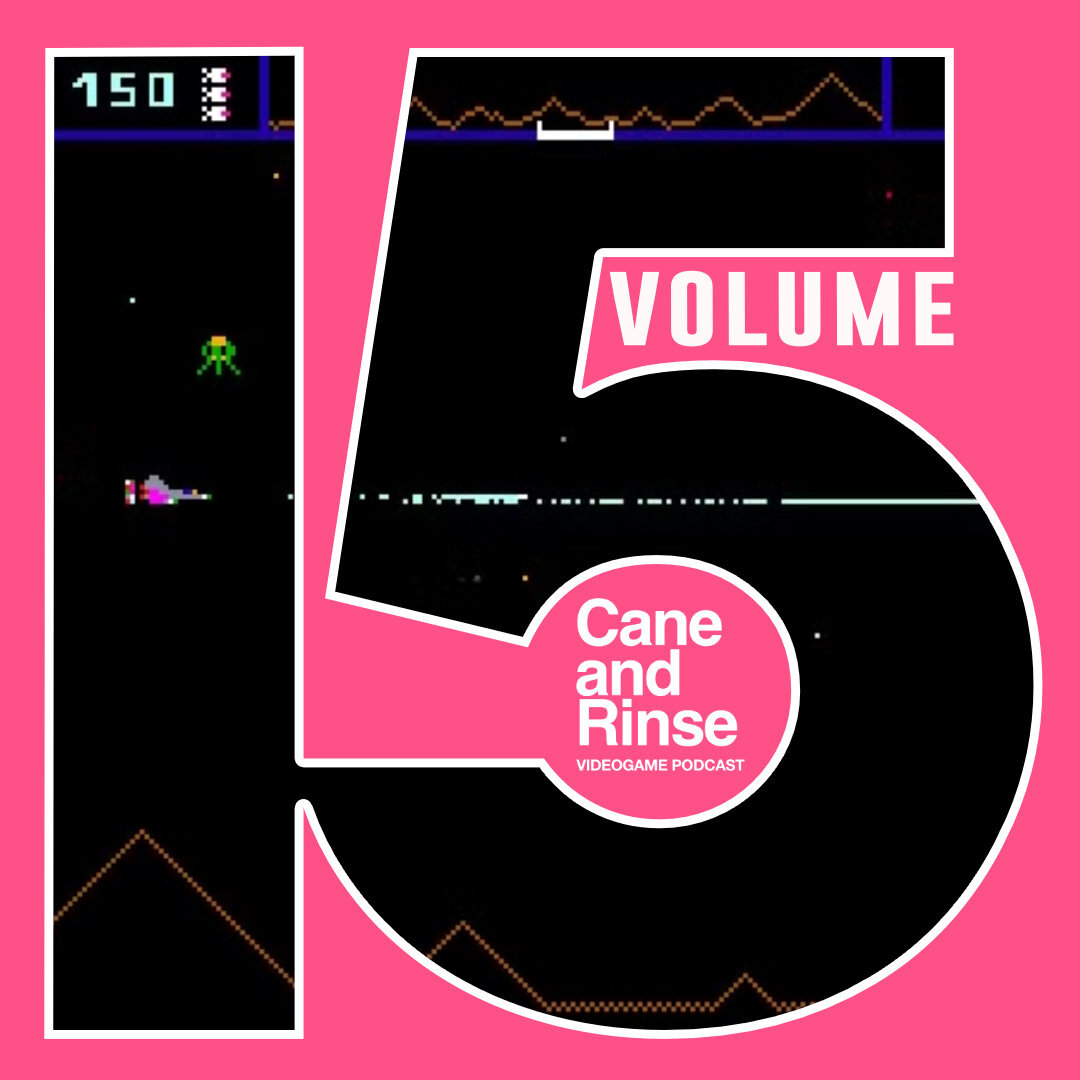
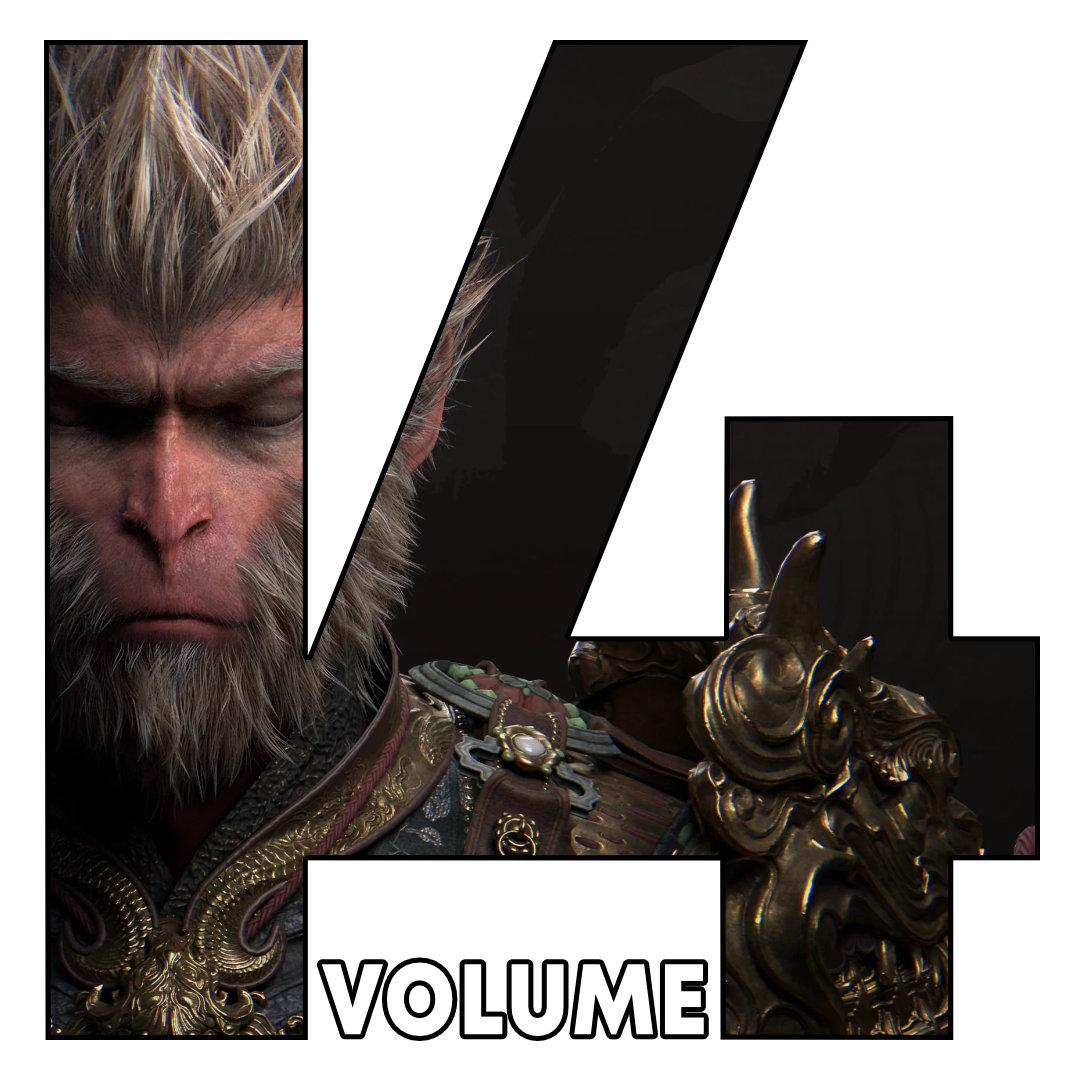
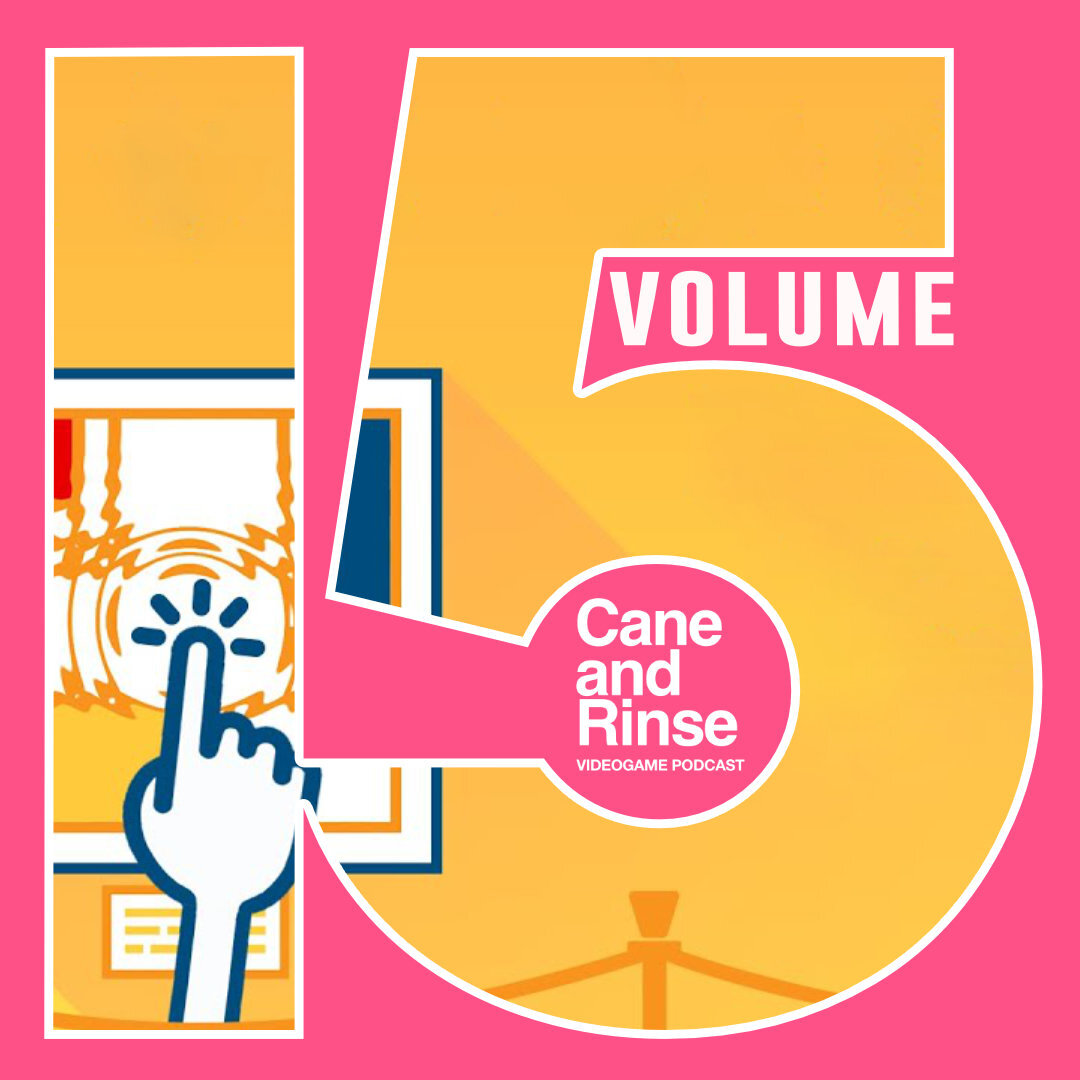
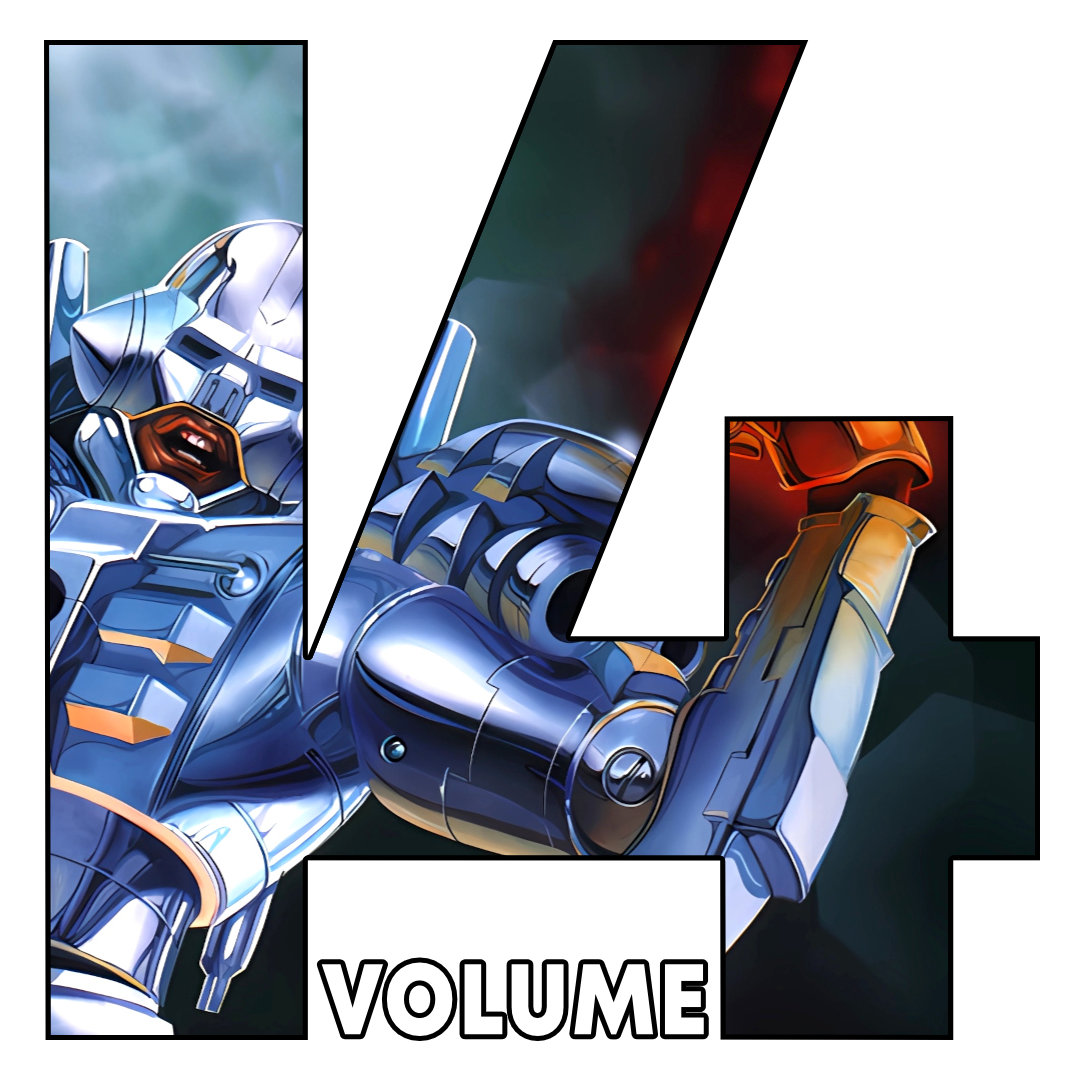

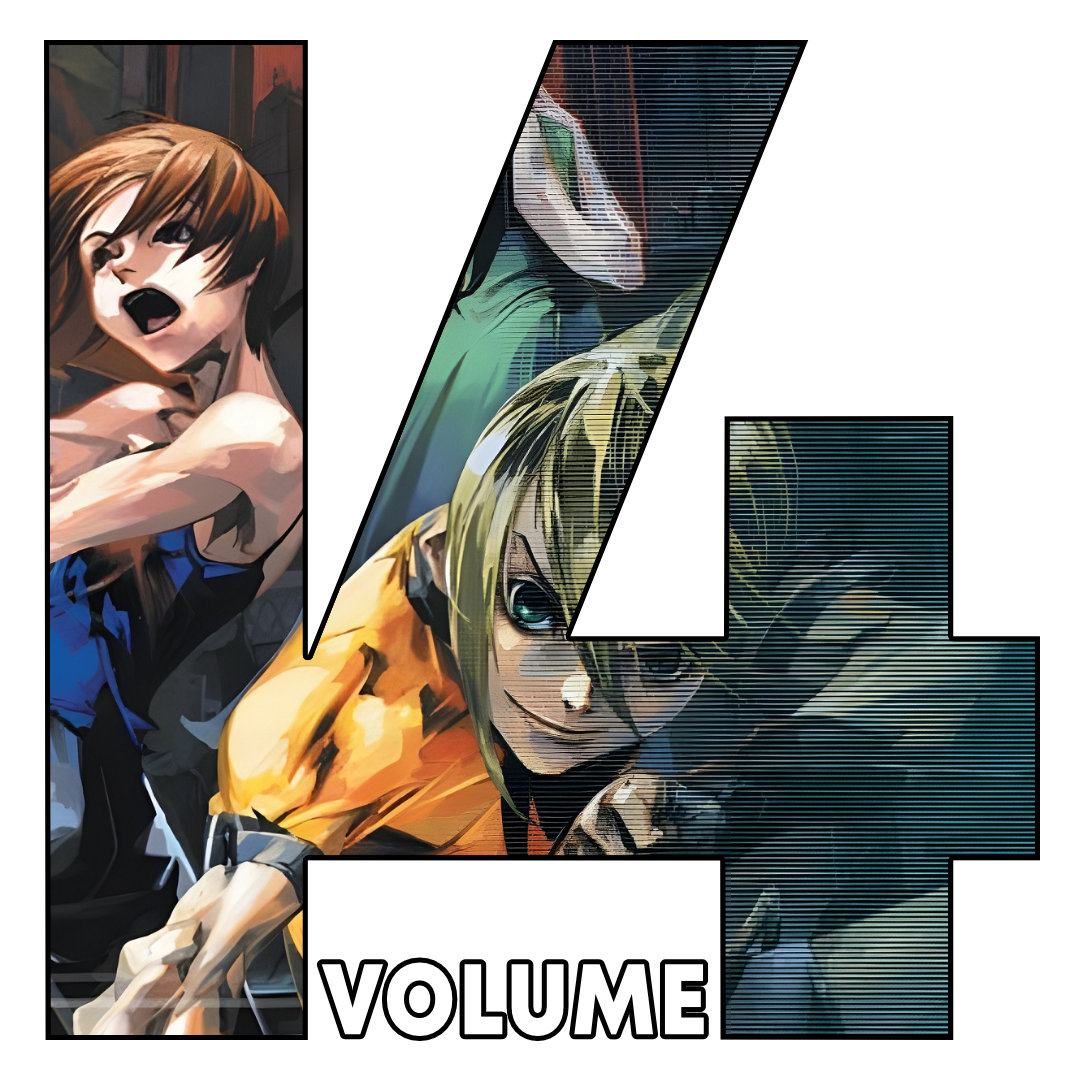
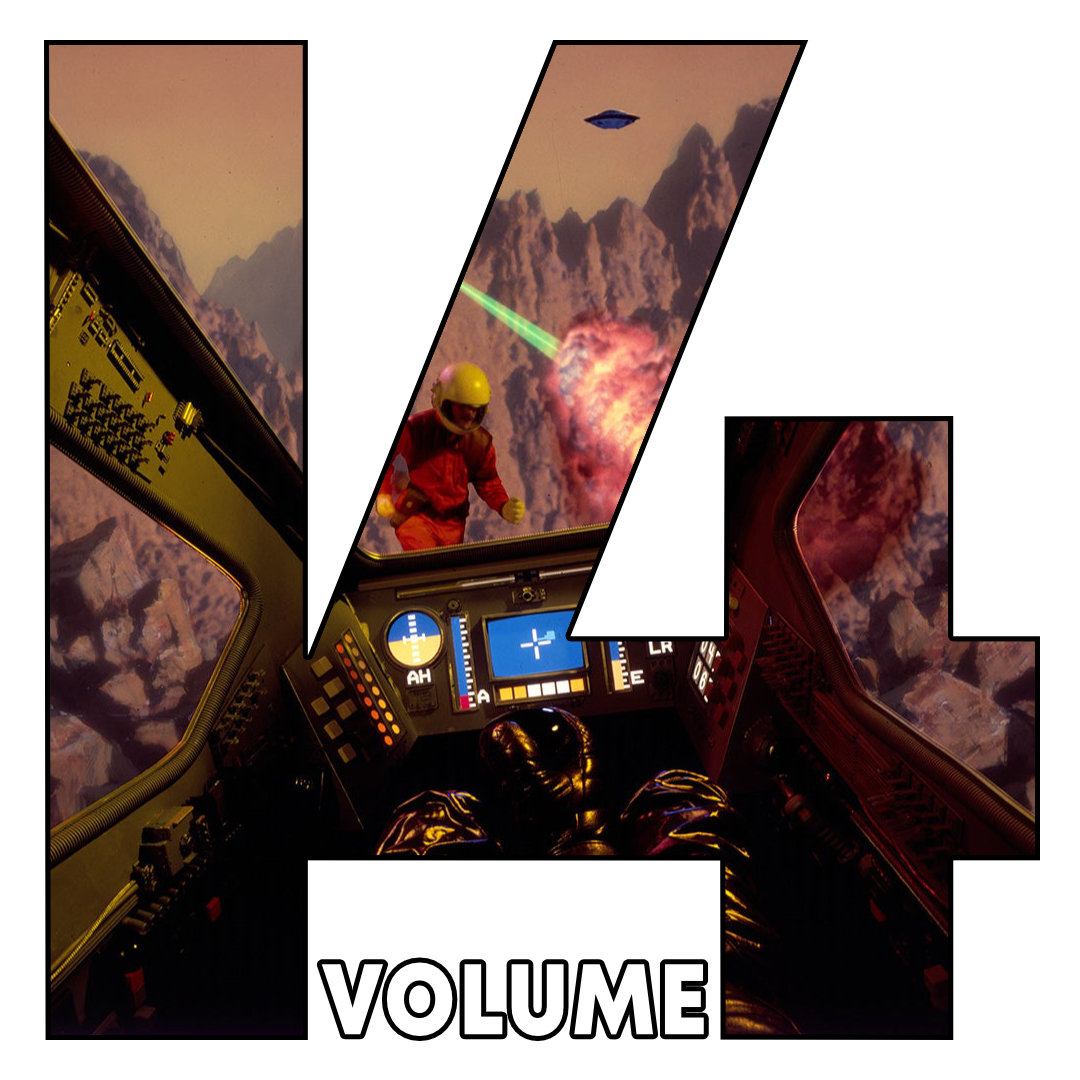

Great conclusion to a great series, Michiel! I found the general consensus among the Cane and Rinse crew that the Souls games’ infamous difficulty levels were more a matter of forcing the player to discard their contextual experience with action games than they were actually punishing most insightful. For me, those games have always felt like a callback to the 8 and 16-bit eras of platforming games like Mario and Sonic the Hedgehog where the cycle of playing a section, dying, and then replaying that section to make progress (sometimes incrementally) were the norm.
I’ve been playing singleplayer games for as long as I can remember on the hardest difficulty settings by default. Recently, since my time for gaming is more limited than it was when I was in college, there have been a handful of titles that I’ve played more for the game’s story than I have for a challenge, and out of sensitivity towards my own schedule, I’ve been forced to play through them on lower difficulty settings than I would have liked. Nier: Automata and The Last of Us are the two examples that come to mind, although I’m planning to revisit the former at the harder setting at some point down the line.
And while I’ve also played RTS games for most of my life, I find I’m still pretty terrible at them, even in singleplayer campaigns. I played through literally all of StarCraft 2: Wings of Liberty on the mid-difficulty setting until I got to the ultimate mission and simply couldn’t complete it until I kicked it down a notch. Unlike Sean, it’s not that I don’t have an interest in playing these games, and I think I’m more in line with you. I just don’t handle the necessary multitasking all that well. Turn-based and real-time with pause games are much easier for me to master. FTL: Faster Than Light is one such title with a really steep learning curve that never felt unfair to me.
You really hit the nail on the head, though, in that challenge in gaming is always subjective, particularly since many gaming skills are transferable between titles and even genres while others may apply only to a very specific title or series. On top of that, we all respond to challenge in gaming in different ways. Some players are motivated by failure in gaming while others are disheartened.
Thank you for your thorough reading of the article, Ashton. Really appreciate it.
I always naturally assume ‘normal’ is the core difficulty a game is balanced around (and I like my normal playthroughs to be challenging) and that’s where I usually start, to learn a game – when there is actually some room for learning – before I plan on tackling higher difficulty levels. Only, that sadly hardly happens anymore, because of time constraints. 🙁 And unlike Bayonetta, Ninja Gaiden (Black) or Perfect Dark, a lot of games don’t handle higher difficulties all that well, in that they actually present you with a bigger variety of greater challenges.
Coming off the first game, I expected Normal to put up a fight in Bayonetta 2, but in hindsight, I should have picked Hard, as that was more in line with the first game’s Normal. 🙂 The upcoming CaR podcast gives me a good excuse to return to the game and play it on harder difficulties, though.
I also like that last bit you added and it has me thinking. I regularly experience both, to where in some games failure motivates me and in others it disheartens me. So even there, it can also vary from game to game, perhaps depending on how balanced we perceive a difficulty level to be.
Excellent piece, I’m not sure if I’ve been keeping up and have read the previous two in the series, so I’ll have to go back to those, but for the questions posed here, I found that I shared opinions with various members of the team.
RTSs and strategy games in general I don’t get along with too well. I wouldn’t really know if I were bad at them, because I don’t think I’ve played on by myself in close to a decade. They stress me out trying to manage everything going on on-screen and having no idea what your opponent is doing. This is the same for most strategy games, though I can get a bit more into some tactics and turn based games. I’ll play just about any strategy game if it allows for teams. Strategy is my brother’s favorite genre, so while he focuses on the macro stuff of keeping watch over the map and resources, I can focus in on one squad or region and not feel as stressed about what everyone else is doing.
I enjoy the arcade mode of fighting games, but that’s about as far as I’ll go, with the exception of Smash Bros., which I dedicated a good chunk of my senior year of high school to. Similarly online games in general, but especially shooters, I almost never play. Part of it is that I hate down time in games, whether it is the waiting in a lobby, being forced to look at post-match stats, or sometimes even respawn timers get under my skin.
Realistic or simulation racing and sports games give me trouble. They usually require more patience and finesse than I’m willing to put into them.
With regards to the 2nd question, I don’t know I’m particularly good at them, but I am very persistent when it comes to 2D platformers. I have over 10,000 deaths in Spelunky, with just over a hundred wins, so that’s only 1% wins. I A+’d every level in Super Meat Boy, have under 50 deaths and 25 minutes in VVVVVV, so it seems odd that people claim these to be among the most difficult games around. “Hard” games in general I really enjoy. I agree with the team’s thoughts on Dark Souls, but applied to most difficult games, it is far less about the game being hard, as it is re-learning how to play the game, and getting rid of preconceived notions.
Not to go on bragging too much, but this seems like the place to do it, I beat Super Hexagon’s highest difficulty. It took 17 hours, but it never felt like I couldn’t do it, games are made to be beaten after all.
This may sound a bit arrogant (though why should I stop now) but nothing comes to mind right away as games that I’m bad at in genres I’m normally good at. Give me a moment…
…
I’ve got it! Mega Man 2. I never played the Mega Man series as a kid. 2 is the only one I’ve played, I have it on my Vita. I played what I think are some similar games in the past, I mainly remember Shinobi 2: The Silent Fury on the Game Gear, and maybe some Genesis games. For whatever reason I can get more than a level or two through the game without losing all my lives. Maybe its because the game has no trophies to show off to myself that I don’t feel as big of a push to stick with it.
Metroidvanias are a bit of a grey area for me. The only 2 that I’ve completed are Guacamelee and Salt & Sanctuary. I suppose those are different from the more platformer-y platformers of Mario, Meat Boy, and the like, but I do feel like its another blind spot in my gaming experience. I think that part of the reason is that I feel a similar stress as with RTSs that I don’t know if I am playing optimally. In Mario-like games, generally you go to the right until you reach the end, whereas metroidvanias have you go up, down, and loop back on yourself.
I’m too tired to proof-read this, so hopefully it hasn’t become too ramble-y, but this is a fun topic to think about! Thanks for giving me something to write/rant about for a bit
Great, I’m glad you gave it some real thought! Any comment like yours under this article only serves to enrich it and further emphasise the subjectivity of it all. 🙂